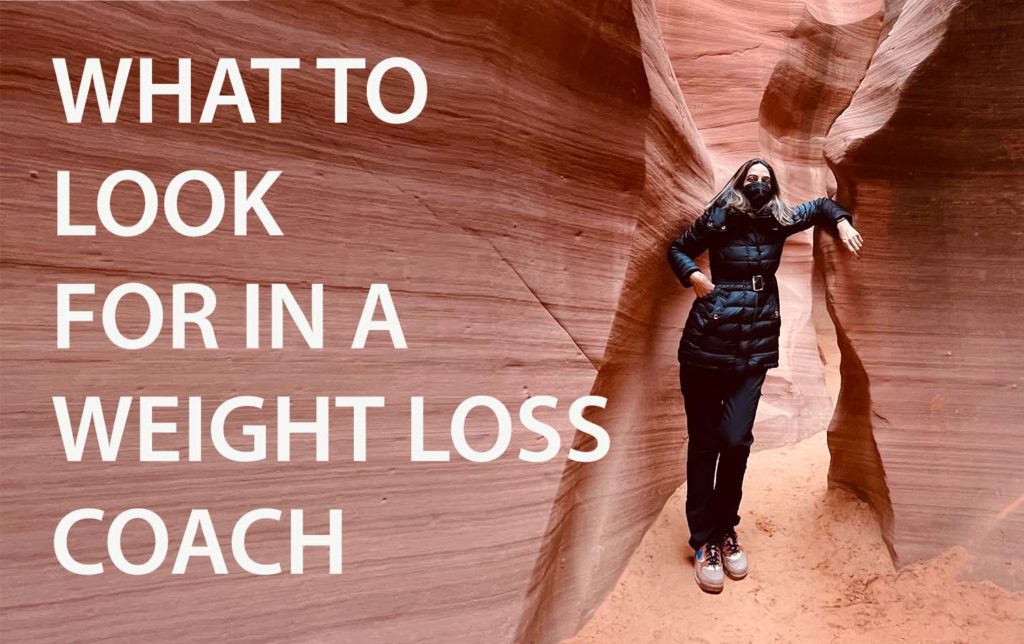
According to the Mayo Clinic, having someone in your corner who cares about your weight loss journey “can mean the difference between success and failure.” And while some people are lucky to have supportive and knowledgeable friends and family to help them hit their weight loss target, all too often these same people can sabotage your progress—whether they mean to or not—by asking you to do something not aligned with your goals.
A weight loss coach, on the other hand, is committed to your success. A good coach can provide you with the accountability and encouragement you may not be getting elsewhere, as well as tailoring a specific plan just for your unique needs. So if you’re ready to work with a weight loss coach, here are six things to look for.
1. They provide accountability
Some weight loss coaches send their clients a plan and expect them to follow it to the letter and monitor their own progress…and that’s more or less the beginning and the end of the coach’s work. Others may be more present for you, but they don’t celebrate your wins. And if a weight loss coach isn’t actually monitoring your progress and providing regular feedback and tweaks, or if they provide those feedback and tweaks without bothering to congratulate you on your incremental wins, the whole weight loss coaching process can be very demotivating.
Instead, look for someone who is both accessible and enthusiastic. Your relationship with your health coach should be dynamic, not static. A good coach will check up on your progress frequently and provide you with feedback to correct the course where necessary or stay on the right path when things are going well. They will celebrate your wins with you and help you figure out how to stay on track at upcoming events like a business trip or a family wedding without coming across as a picky, health-obsessed buzzkill at the dinner table.
The ways in which you connect with your coach for feedback or to celebrate a win may vary. Some weight loss coaches offer regular one-on-one accountability sessions, while others may check in asynchronously or host group accountability calls. Whatever the case, you should be able to walk away from every interaction you have with your weight loss coach feeling confident that they will help you see your journey through.
2. They design a plan based on your body
There are plenty of weight loss plans out there that promise that if you follow along exactly, you will have the same success as everyone else, but that’s simply not true. That’s why you can’t just “follow” a weight loss coach on social media and do everything they do. Your body is different from their body, your metabolism is different from their metabolism, your weight is different from their weight. Even the foods themselves may affect your body differently from theirs.
Weight loss is 80% a result of what you eat, and certain foods can be more effective at boosting your metabolism—which leads to weight loss—than others. A weight loss coach should be well versed on the science of food and be able to compare your progress to what you’ve been eating and identify how the foods you’re eating seem to be working for your body. How is the sugar breakdown of that food impacting your fat storage? Or how has your fat storage been impacted since you made a tweak? Are there certain food sensitivities that could be making you gain more fat from those foods than other people will?
In my own weight loss coaching practice, I combine research I conducted during my own 40-pound weight loss journey with my background in molecular and cell biology to create science-informed plans for my clients centered on the foods that will help them achieve their goals.
3. They want you to actually like your food
Multiple studies have found that most diets don’t work when it comes to sustainable, lifelong weight loss. This is largely because many people see diets as a short-term strategy, and as soon as they meet their goals, they revert right back to their old habits…and almost always gain back all the weight they lost, if not more.
The reason many of these unsuccessful dieters are so eager to go back to their old habits is because of the way they eat while they’re dieting. They’re told they have to eat chicken and broccoli, or tofu and broccoli, and people get sick of that. They don’t want to eat the same foods or stick to such a limited palette of flavors, and after a while their food doesn’t even taste good. So when the diet ends, these people will go and binge on unhealthy foods because that’s the only place that they’re getting this amazing taste.
A good weight loss coach isn’t going to recommend a diet composed of only chicken and broccoli. Instead, they’ll offer you a realistic plan that’s based on the foods you’ll enjoy eating.
More than anything else, your food should be delicious. Your weight loss coach should be able to teach you how to add flavorful spices to your food, or how to make low sugar sauces that will add flavor without negatively impacting nutrition. They can teach you about new ingredients, or how to prepare more familiar ingredients in a way that highlights how good their natural flavors can be. And when you’re fulfilled in your everyday meals, you’re a lot less likely to binge on sugar.
4. They’ll center your lifestyle
A weight loss coach offers a lifestyle transformation—a new approach to eating that will stay with you long after you meet your goals. In order to make these habits stick, though, they have to be compatible with your lifestyle.
You should be able to work with your coach to develop healthy eating habits that respect the importance of certain foods to your cultural background, as well as any religious, ethical, or health-based dietary restrictions. Committing to this lifestyle doesn’t mean shelving all of grandma’s recipes; it means working them into your plan. It doesn’t mean you have to stop eating meat or eggs or dairy if you currently do, or start eating meat or eggs or if you currently don’t. If there’s a food you just plain don’t like, your weight loss coach should not tell you to start eating it for the sake of your program. Instead, they should know the alternatives that will have the same or similar effects as the “conventional” foods.
Centering your lifestyle also means understanding your life. Are you cooking for yourself or for your entire family? If the latter, your coach should be prepared to create a family-friendly plan filled with foods that everyone in your household will enjoy. Your coach should also be able to help you figure out how to stay on track and make easy, delicious meals when you’re having a busy week, or how to enjoy the spread of finger foods at your child’s birthday without derailing your progress. On the flip side, your coach should be able to offer you options for when you have a little more time to experiment in the kitchen, or when you don’t have to satisfy the whole family’s preferences at dinner.
5. They recognize that food is about more than nutrition and energy
Yes, your weight loss coach should be providing you with strategies to achieve your goals through changes in your diet, but they also have to help you change your mindset about food.
We live in a society where food is a major part of our social interactions. It gives us an excuse to sit together and be social. It gives us comfort. Sometimes, it helps to stave off boredom. Your weight loss coach should be able to help you identify when you are eating just for the sake of eating—because you’re lonely or need excitement or any other reason you’re eating even though you’re not hungry—and learn how to respond to those triggers in a healthier way.
That doesn’t mean you can’t love to eat, or love what you eat…but you should be eating for the right reasons. With your coach, you should be able to shift your mindset around eating so that you can develop a positive relationship with food and understand why you’re gravitating toward food at certain times or under certain circumstances. Once you’ve developed this understanding, your coach can help you work on other coping mechanisms for the things you had previously used food for. In eight to twelve weeks, these new habits should be so ingrained that it’s hard to go back to where you were before.
6. They love what they do
This might seem obvious, but you don’t want to go to a weight loss coach who sees their work as just another job. A good weight loss coach should be excited about their work and be passionate about each and every client. Knowing someone really cares about you and your journey makes it easier to keep going.
When my client loses an inch around their waist, or their scale shows they’ve dropped two pounds, or they’ve made a major mindset shift I’m so excited. I celebrate them every week in our group Q&A calls. I love watching every step of their journeys.
Interested in learning more about personal weight loss strategies and tools from MasalaBody?
Check out my 8-week Slim Down Personal Weight Loss Coaching or you can book a call with me if you’re ready to get started.

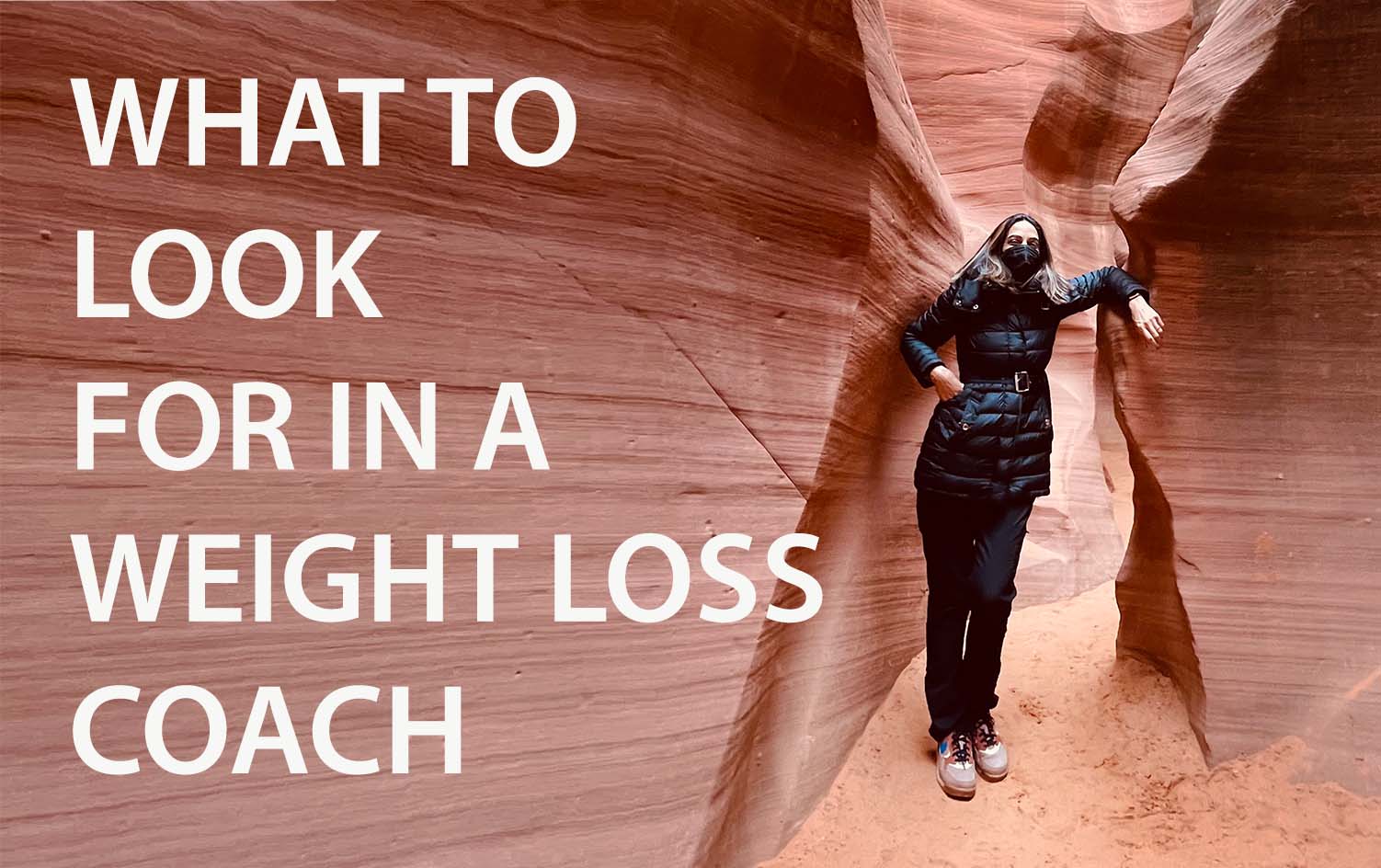
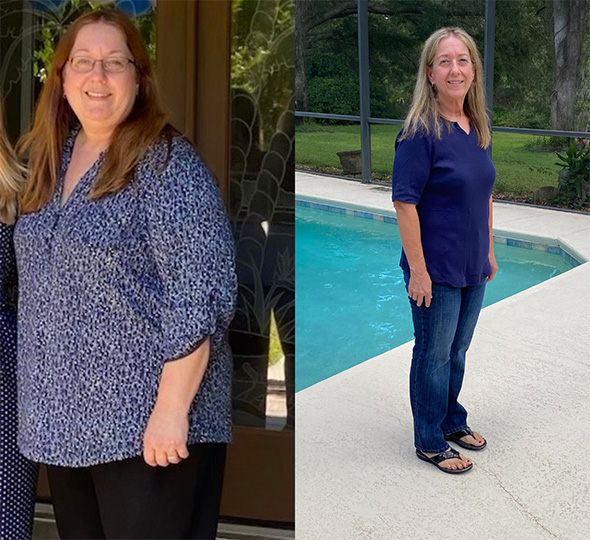
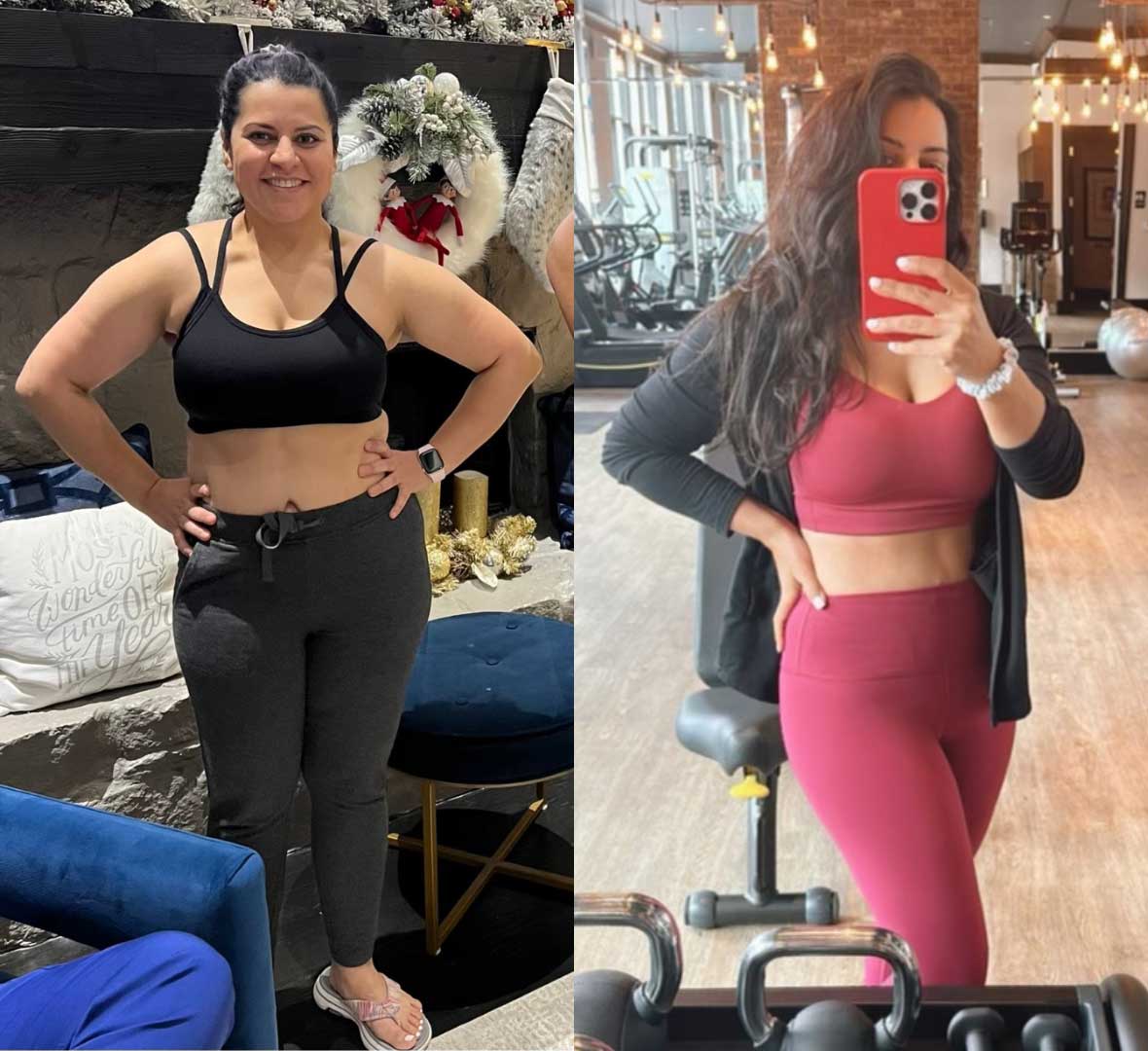

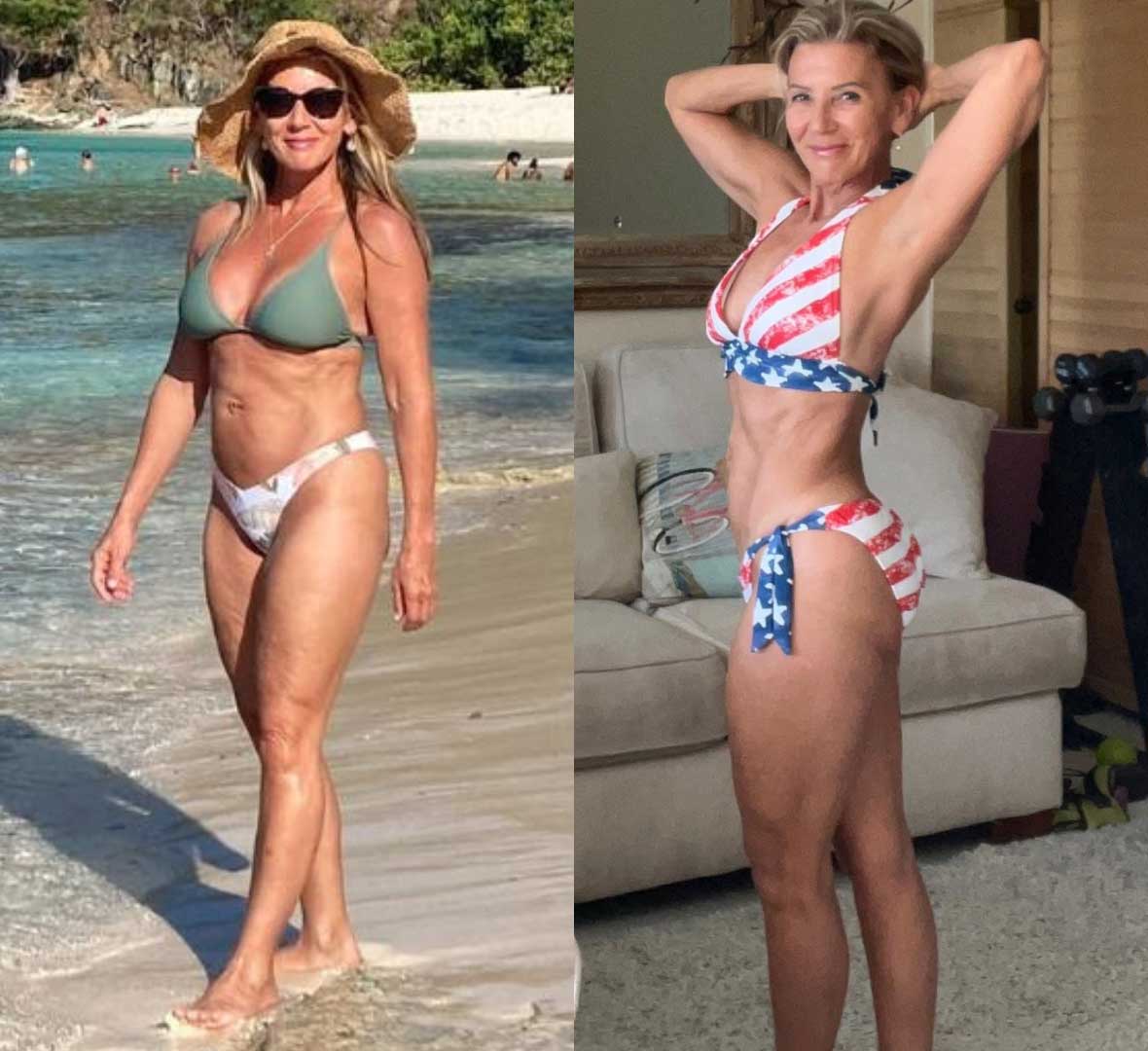
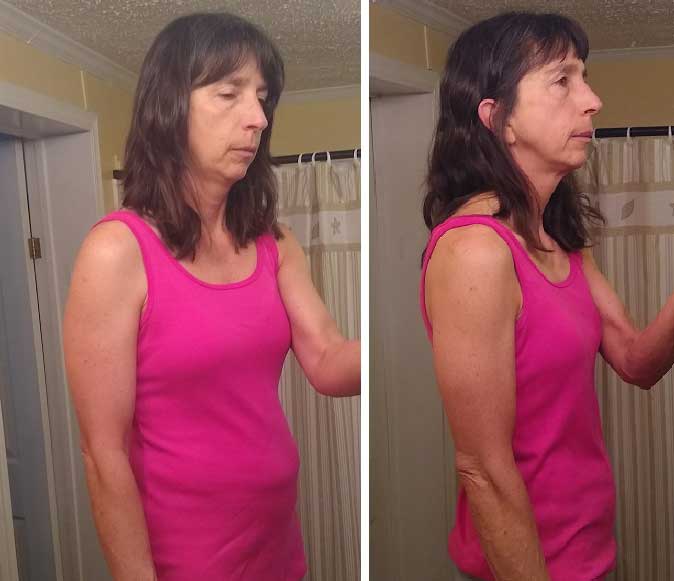
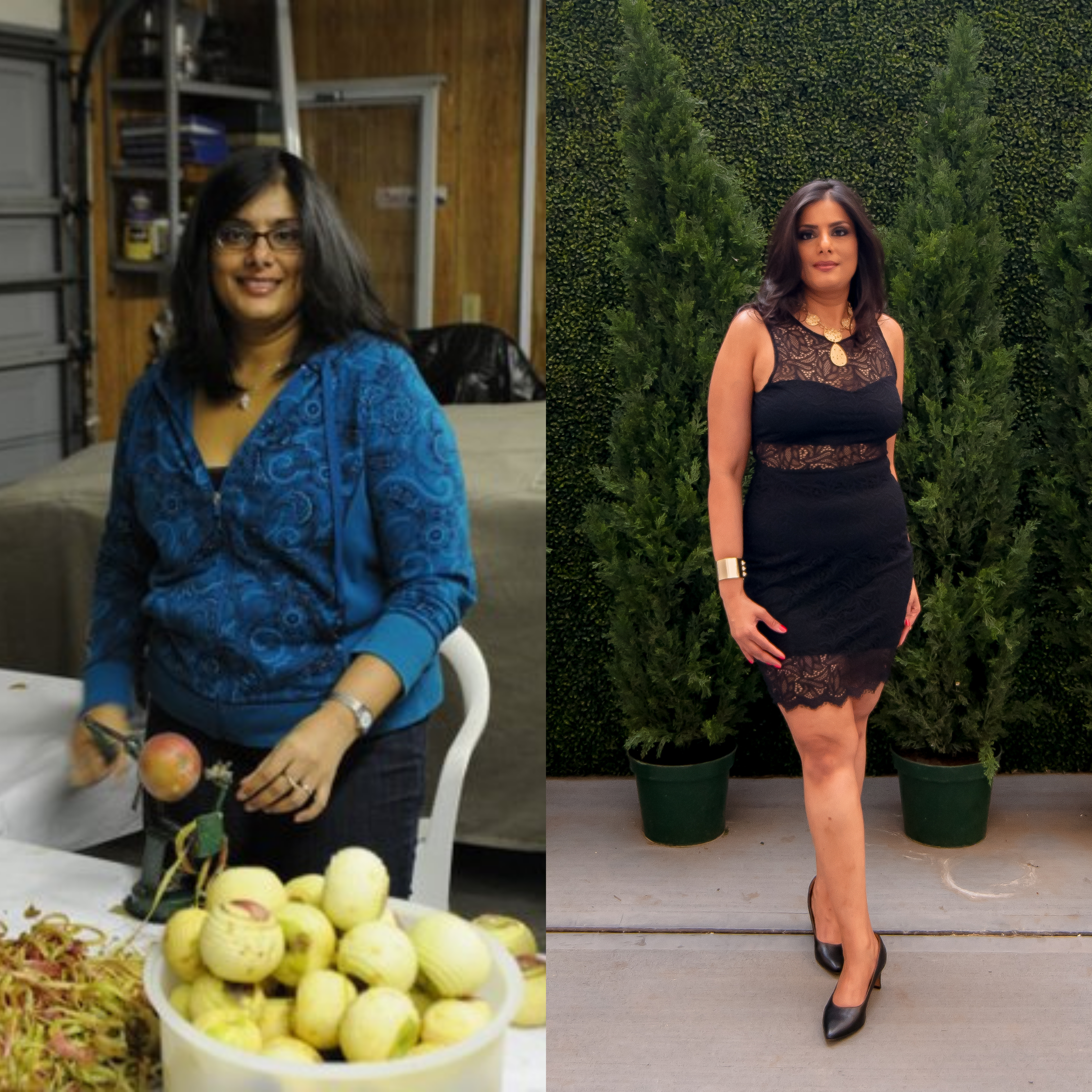
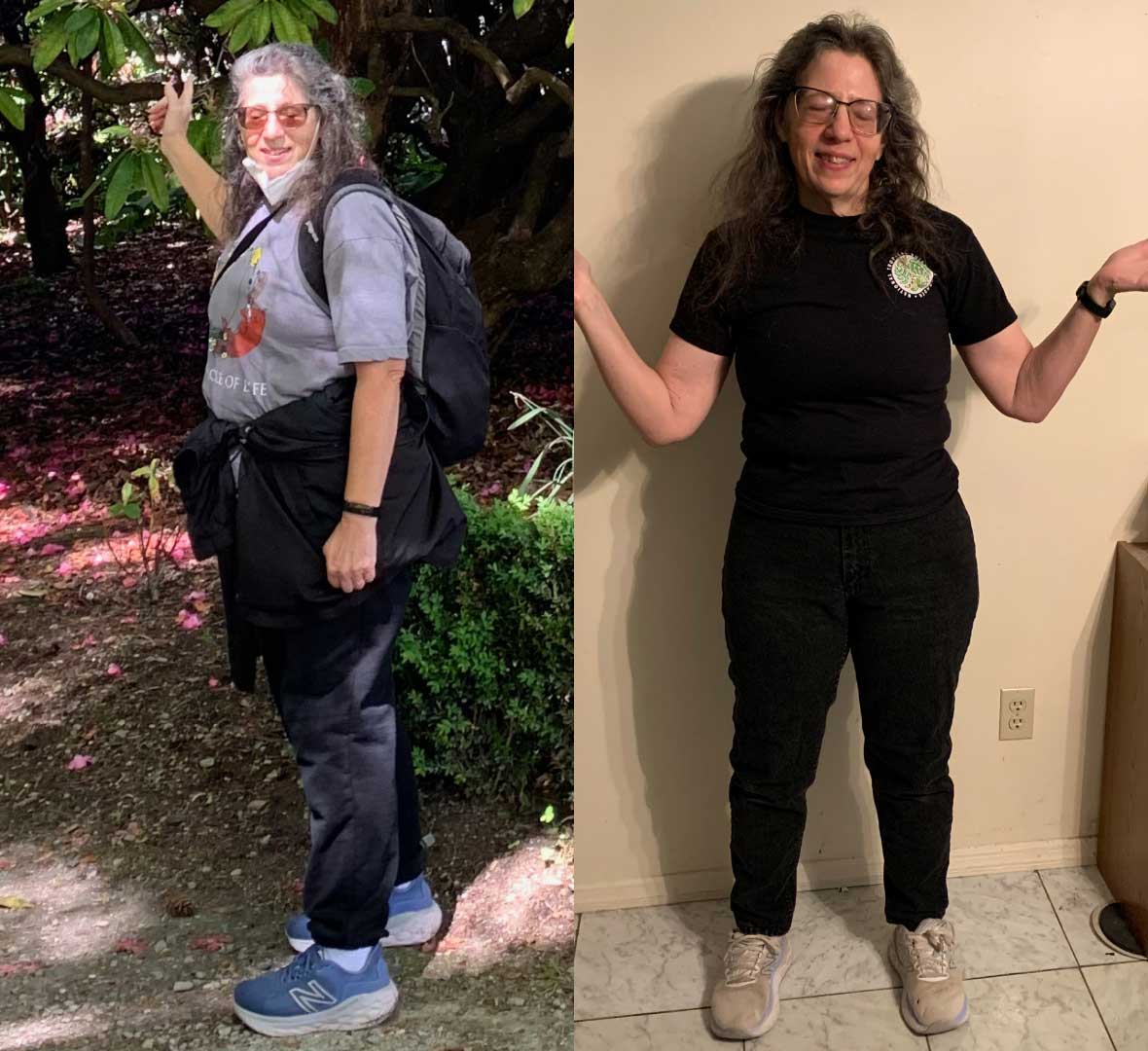

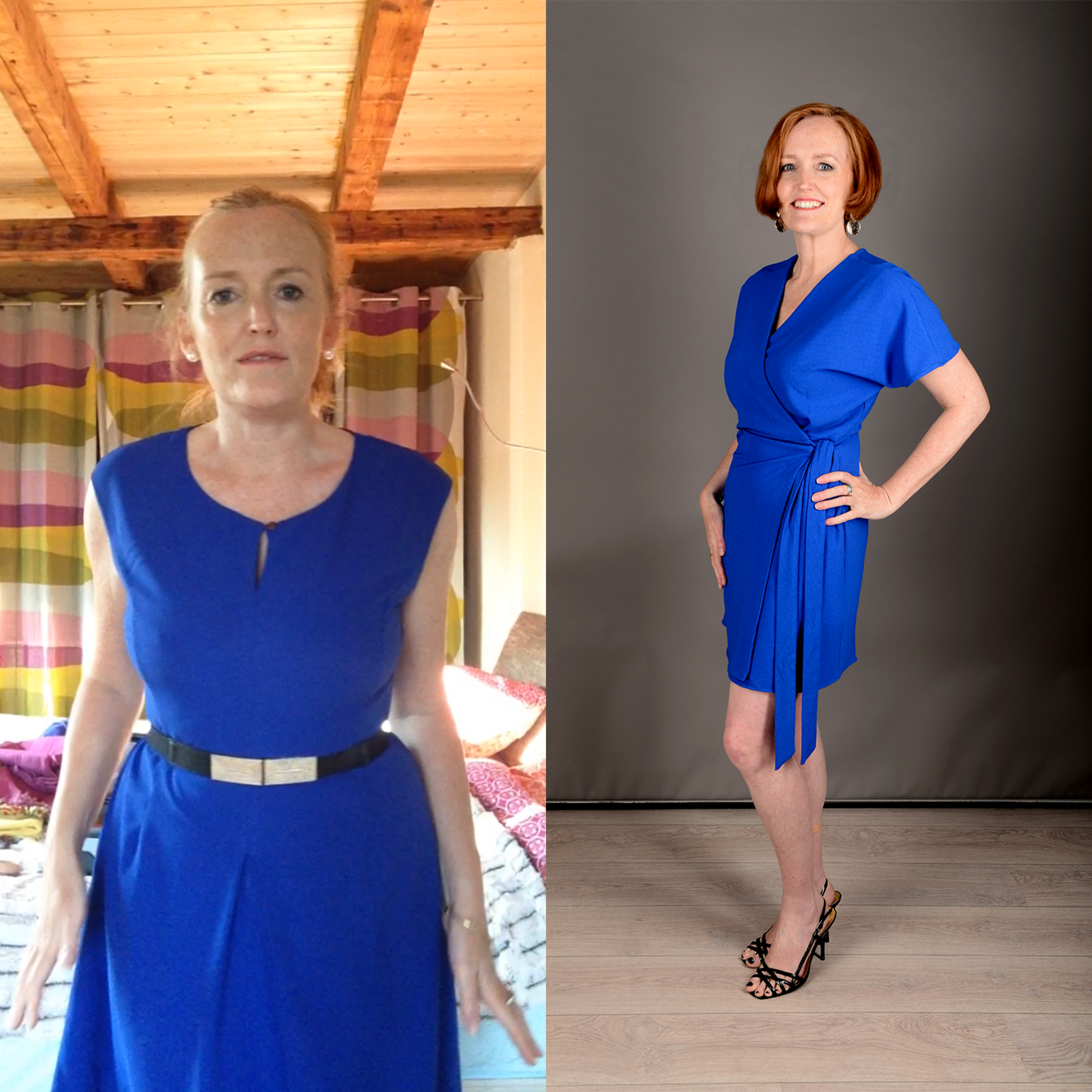
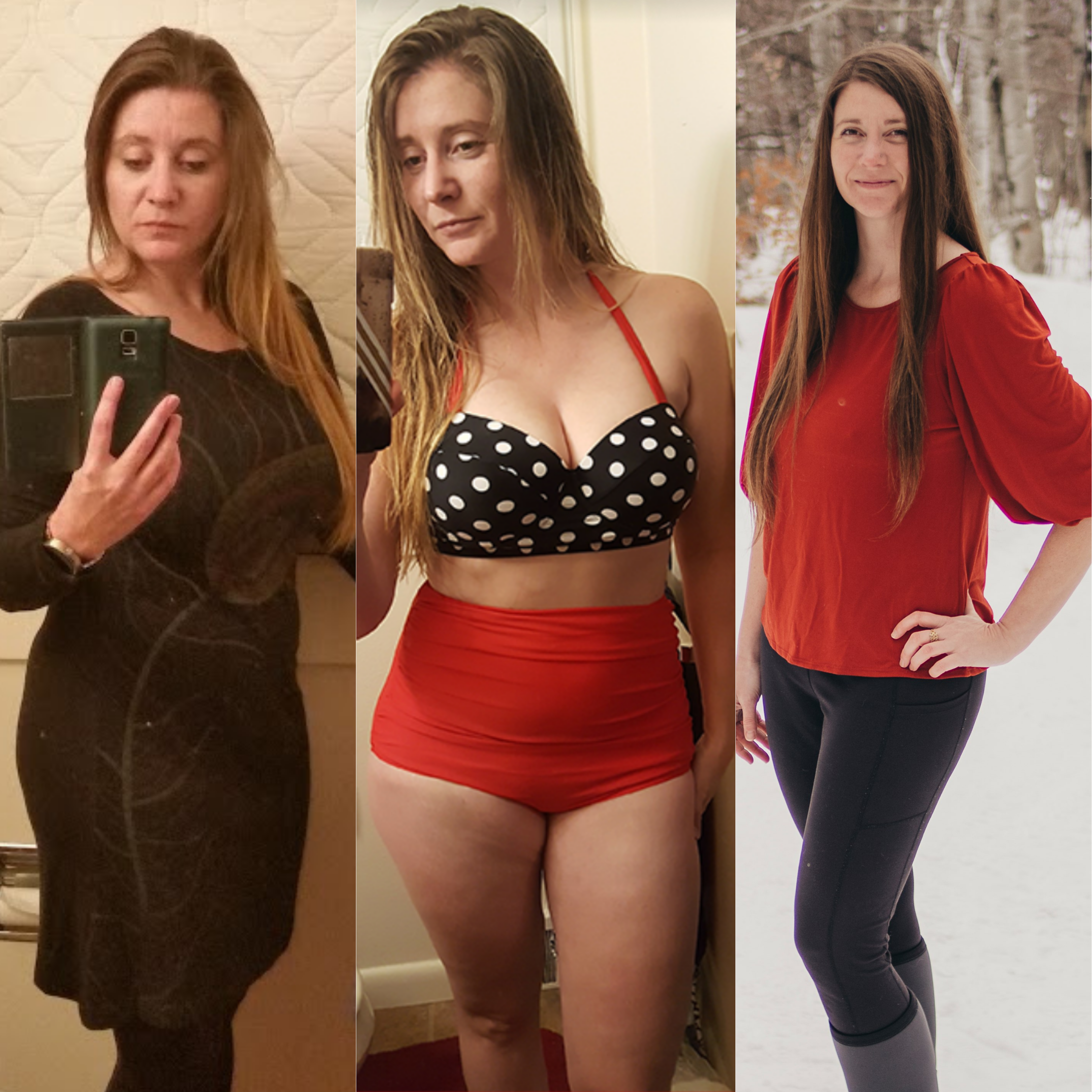
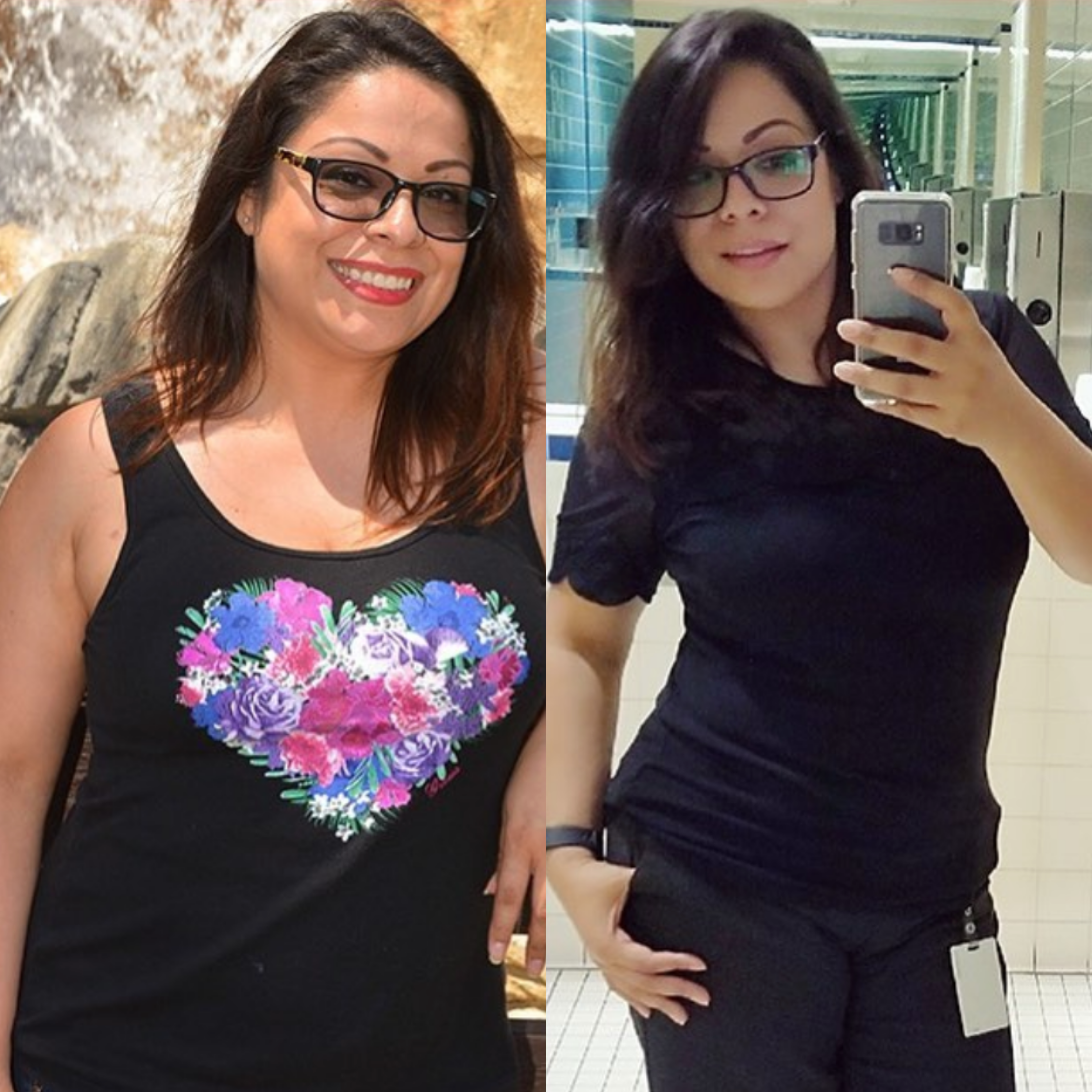

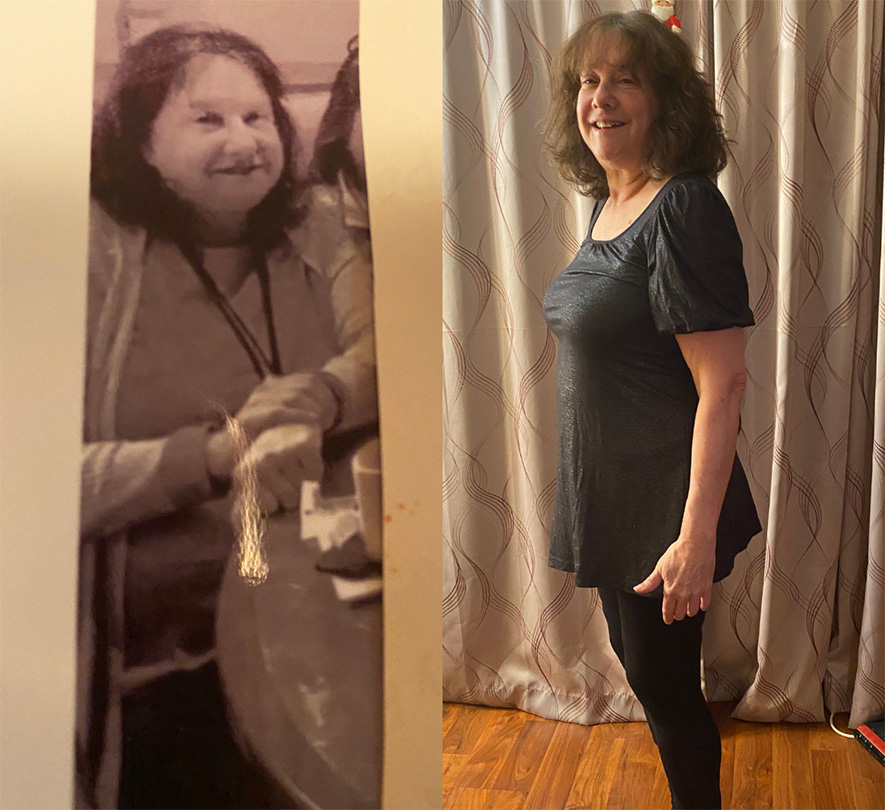


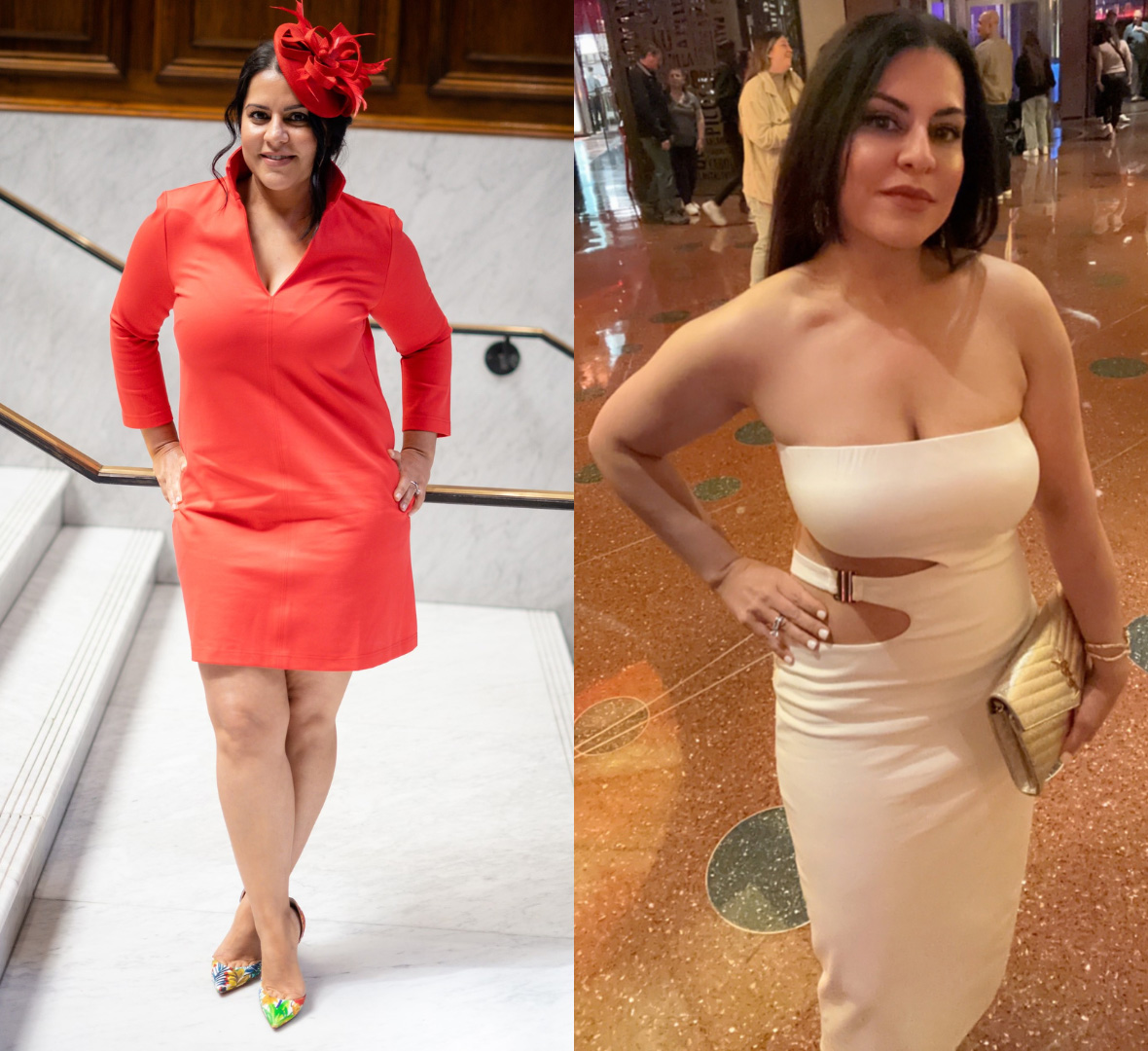
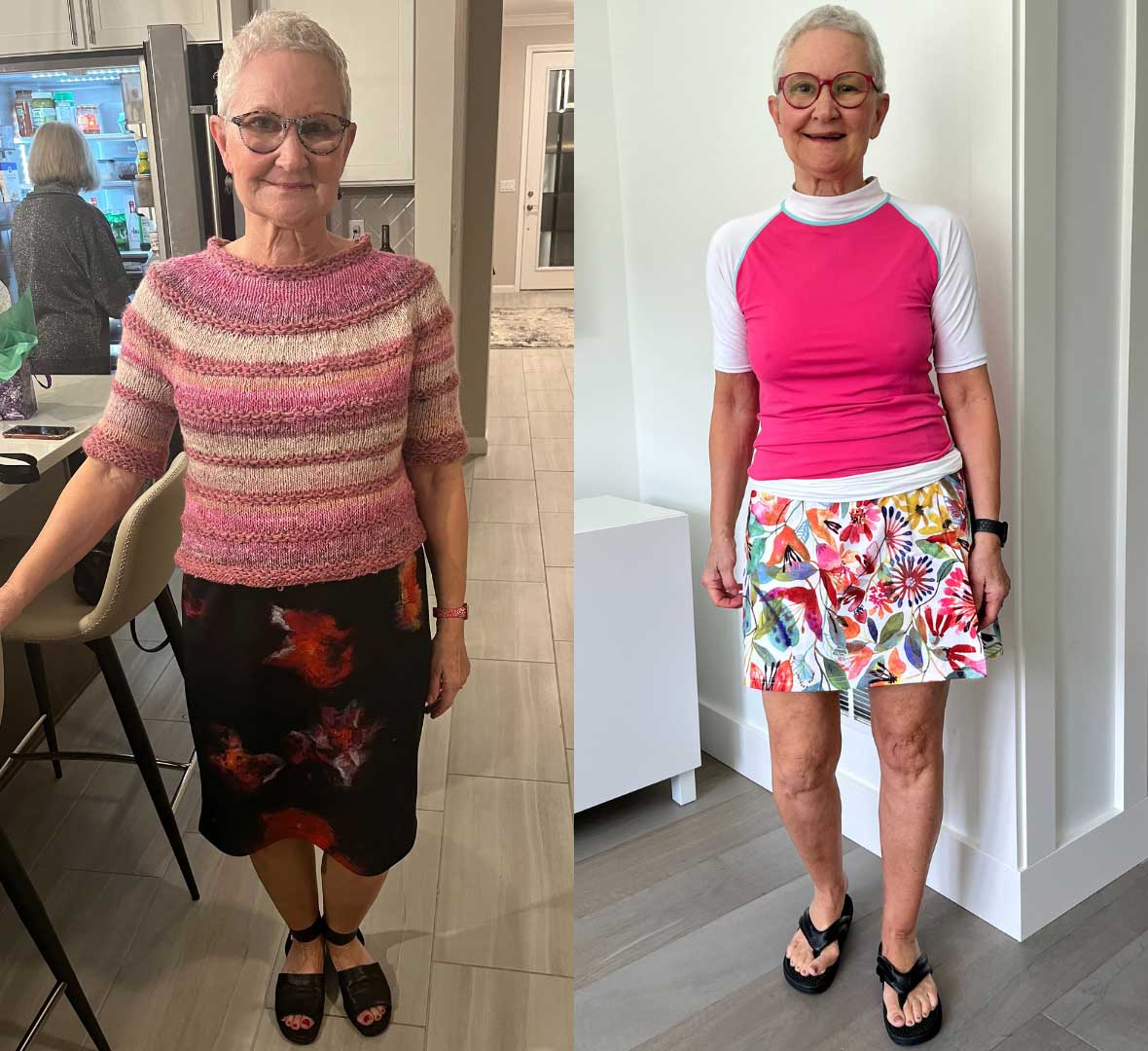
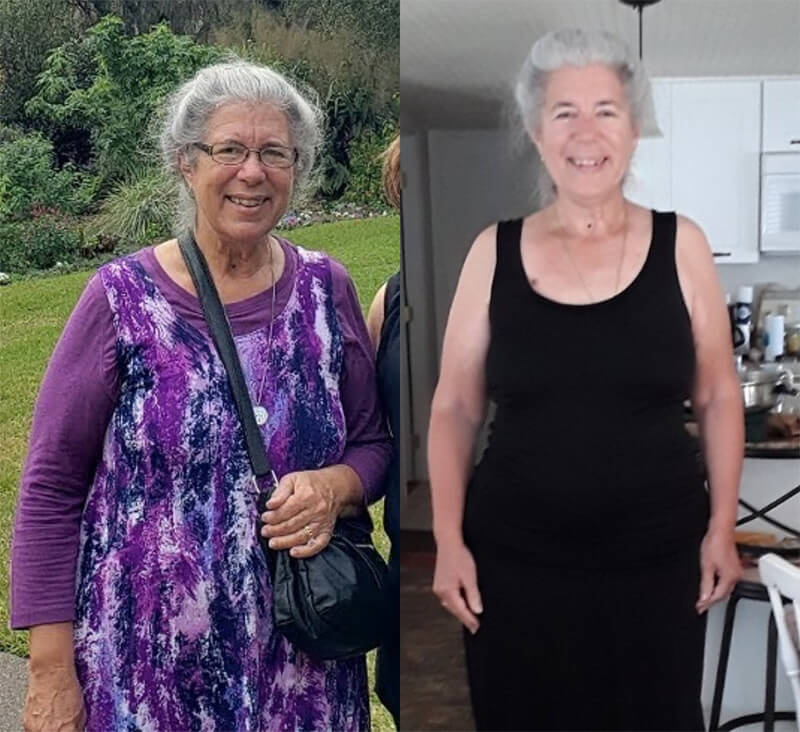
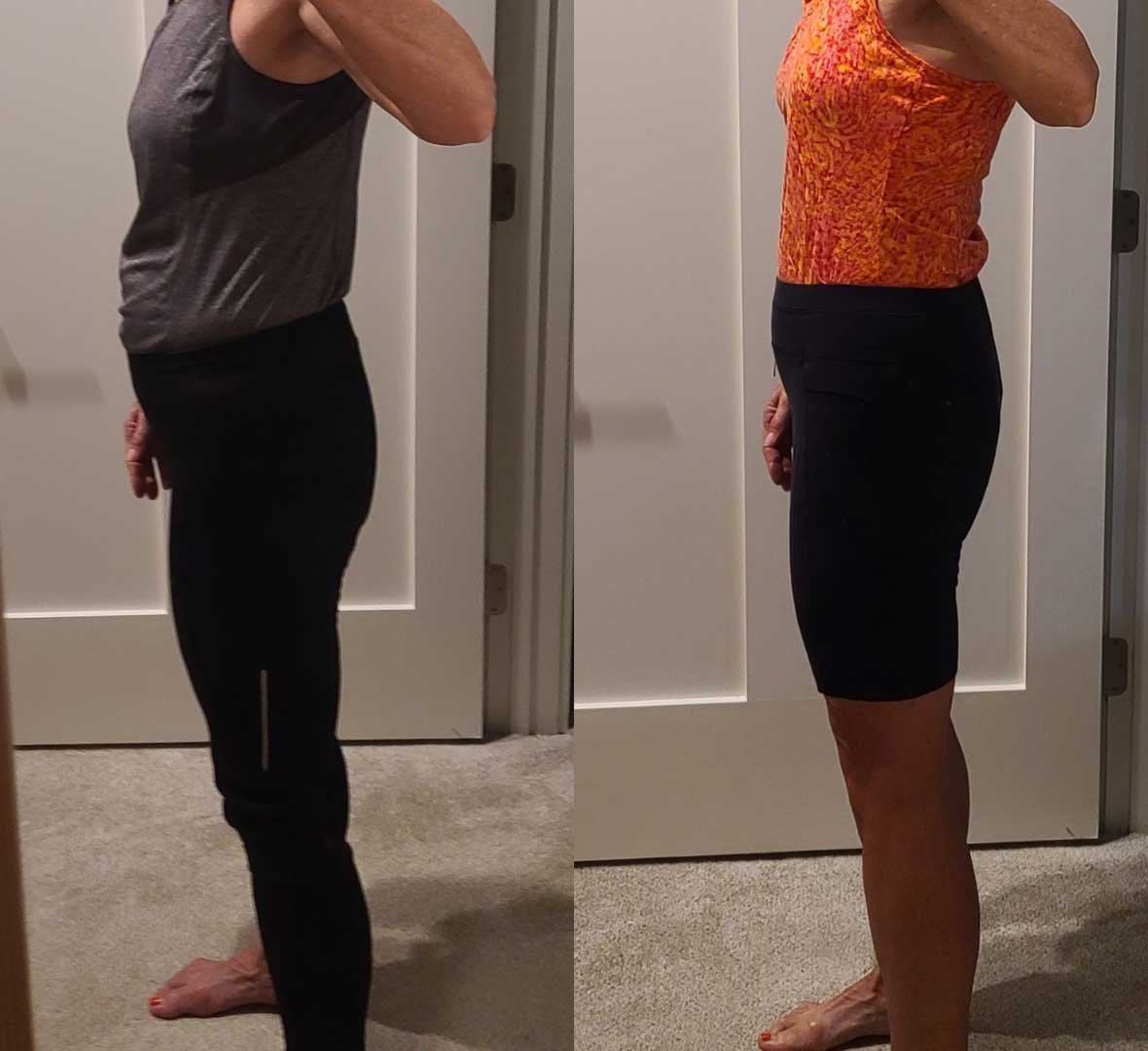
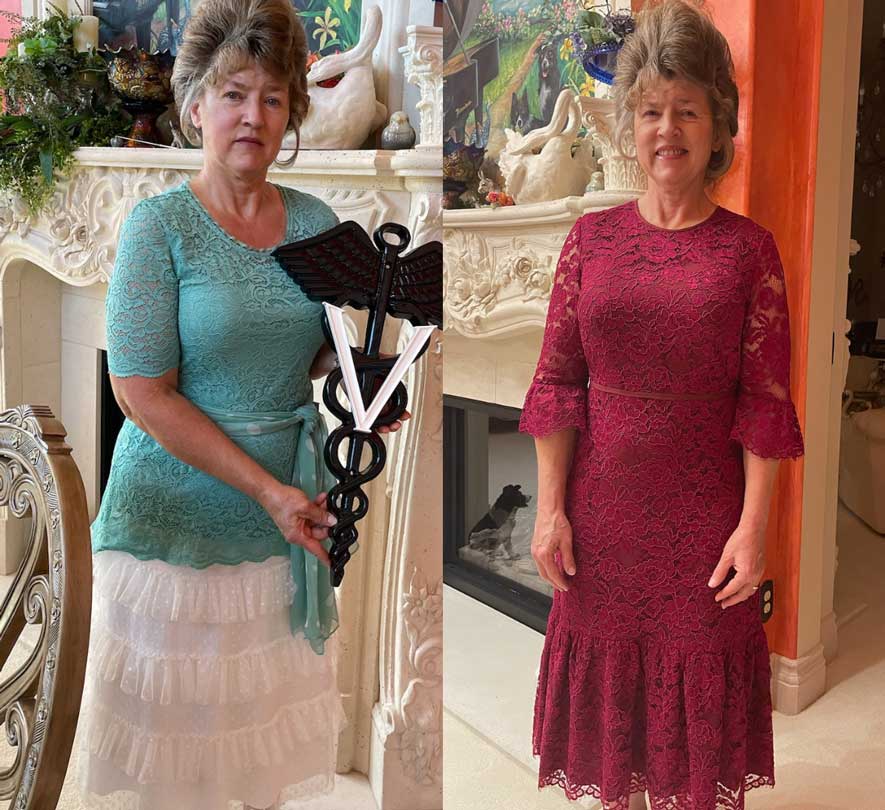
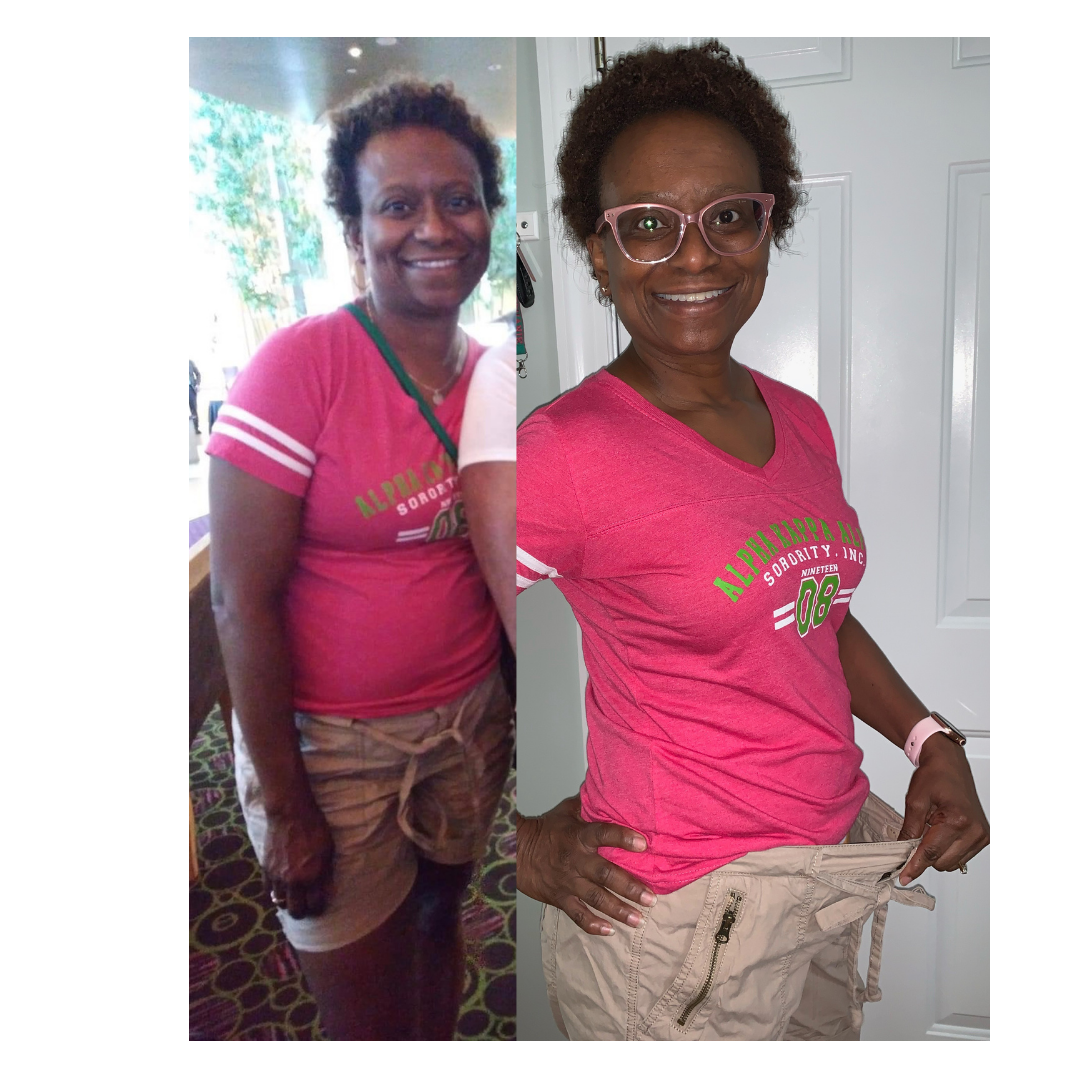







Reader Interactions